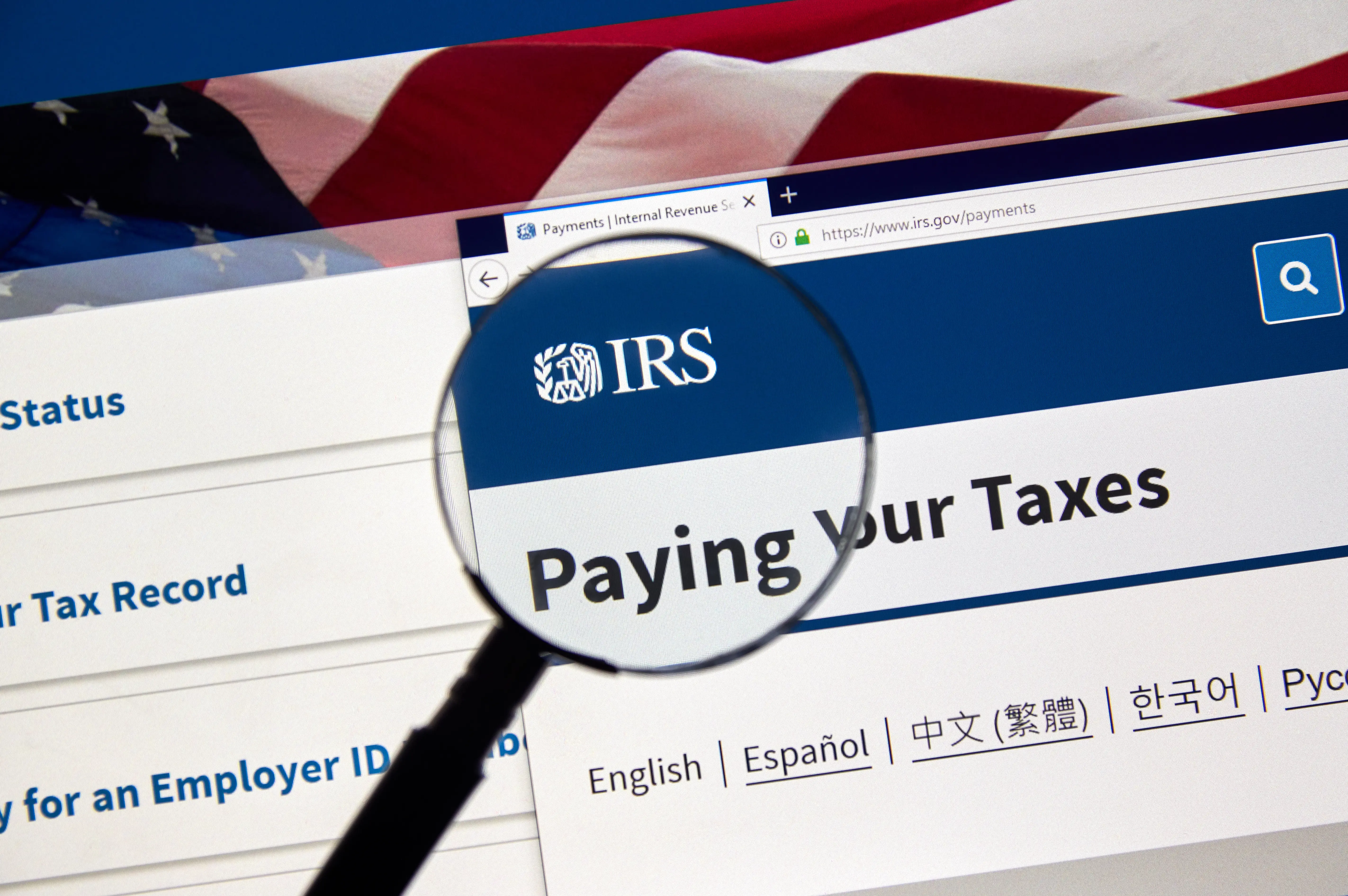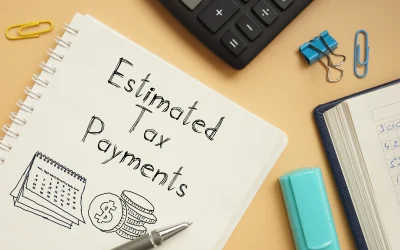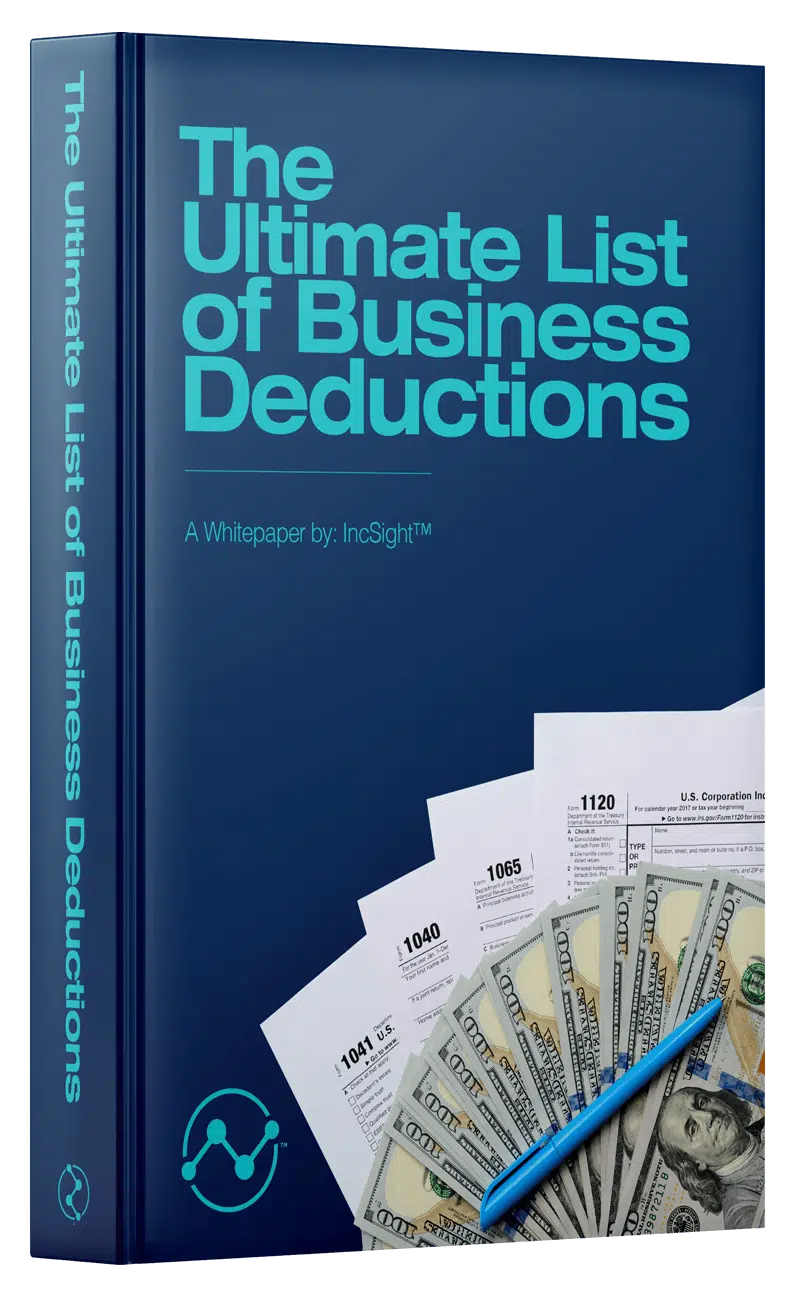The new year is here, and for small business owners tasked with year-end 1099 reporting to the IRS, it signals a wave of IRS updates and filing deadlines. This article examines the latest IRS updates affecting small businesses, shedding light on the new e-filing thresholds for 2024 and providing clarity on the IRS stance regarding 1099-K reporting requirements. Alongside these insights, we’re offering valuable tips to assist small businesses in adapting for a seamless tax season despite these changes.
Let’s start with the basics, why is the 1099 Series of forms important for your small business?
1099 Series Forms and Your Business
The most common 1099 form that you’ve likely encountered is the 1099-NEC for nonemployee compensation. If you’ve hired a freelance worker, or contracted work from another business, and paid them more than $600 throughout the year, you’ve probably filed this form.
Beyond the well-known 1099-NEC, the 1099 Series offers a range of forms covering diverse business transactions. Whether your business is making or receiving payments for various reasons, several other common 1099 forms come into play. Let’s explore these forms and the payments that may warrant their issuance or reception:
- 1099-MISC – Miscellaneous Income: You may remember that this form used to be used for reporting non-employee compensation before the 1099-NEC was reintroduced in 2020. Now, this form is used only for reporting certain miscellaneous payments that total $600 or more throughout the year:
- Rents
- Prizes and awards
- Other income payments
- Medical and health care payments
- Payments to an attorney
- Crop insurance proceeds
- Cash paid from a notional principal contract to an individual, partnership, or estate
- Any fishing boat proceeds
- Section 409A deferrals
- Non-qualified deferred compensation
- *In addition, the form is used to report direct sales of at least $5,000 in consumer products to a buyer for resale, particularly when these sales occur outside a permanent retail establishment.
- Form 1099-MISC is also required to report a minimum of $10 in royalties or broker payments, rather than dividends or tax-exempt interest.
- 1099-K – Payment Card and Third-Party Network Transactions: This form is used to report a series of transactions that were made throughout the year using a credit or debit card, stored value cards (usually a gift card), or payment apps and online marketplaces which are also referred to as a third party settlement organization (TPSO).
- There is a lot of confusion surrounding the threshold amount for issuing a 1099-K, and what to do if you receive one. We’ll dive into this topic next!
Finalized Reporting Rules for 1099-K for Tax Year 2023
This has been a much-debated topic, let’s take the confusion out of it and discuss what your business needs to know about the updates to this form for the 2023 tax year.
Let’s start at the beginning of the 1099-K debacle:
Last year for the 2022 tax year, the IRS planned to reduce the reporting threshold for the 1099-K drastically. At the time this form was only issued for payments that exceeded $20,000 and 200 transactions. Under the American Rescue Plan, this threshold was to be reduced to $600 regardless of the number of transactions.
As you can imagine, this would exponentially increase the number of 1099-Ks that would be issued. To alleviate this burden on businesses and individual taxpayers, the IRS postponed its implementation for another year, promising that tax year 2023 would be when it goes into full effect.
Until November 30, 2023, this was the plan. However, the IRS then issued a notice stating that, once again, the implementation of this new reporting threshold would be put on hold.
Key Takeaway: What’s the Final Verdict?
Now that we’ve laid out some of the context surrounding this topic, let’s get to the point. Here is what the IRS has provided as a final verdict on Form 1099-K reporting for Tax Year 2023:
The original threshold of $20,000 for 200 or more transactions will remain in place for the 2023 tax year, there will be no effects on 1099-Ks filed this January.
In 2024, the threshold will be reduced from $20,000 to $5,000. This will allow for a transition period for businesses and taxpayers to adjust to the new rules regarding this form.
Could there be changes for the 2024 tax year? Possibly. Is it conceivable that the reporting threshold might eventually be reduced to $600? Potentially. This topic is likely to remain under discussion in the coming tax years.
Now, let’s talk about another major update for businesses, the new e-filing thresholds for businesses, and how they should react.
2023 IRS Requirements for E-filing Information Returns
When it comes to paper filing forms, the IRS is phasing this process out. One of the major ways they are moving this shift along is with a new e-filing requirement for 2024.
Effective in 2024, businesses can file no more than 10 paper copies of information returns throughout the calendar year. Yes, this does include the year-end forms that are due to the IRS on January 31, 2024. This means that businesses will be affected by this new requirement right about…now!
With just ten paper forms allotted for a business, this number can easily be surpassed in January alone. With 1099s and payroll forms, this threshold can easily be met. The best course of action for small businesses is to select an IRS-authorized e-file provider now so that they have a process in place for e-filing all of their forms in January and beyond.
Vetting An E-file Provider for Your Business
While there is a free option available in the form of the new IRIS system from the IRS, considering an e-file provider still has a slew of long-term benefits. One of the biggest is secure record keeping. Another major need that businesses have is recipient copy distribution, choosing an e-file provider that supports this process can actually save you time and cut your administrative costs.
Here are a few important components to consider when vetting your IRS-authorized e-file provider.
- Will this provider make it simple for me to e-file the volume of forms I need to file?
- Do they support all of the IRS forms I need to file?
- Is there an option for distributing copies to my recipients?
- If you’re working with your team to file – does the application allow you to delegate and create an effective workflow?
- Is there an option to file corrections if needed?
- Do they have features that improve form accuracy?
- Does the provider have any data integration options?
- Will they allow me to integrate with the accounting software I already use?
- What kind of customer support is available?
While this shift may seem daunting to many businesses that are accustomed to mailing paper forms to the IRS, e-filing has a great number of benefits! According to the IRS Data Book for 2022, there is an average wait time of about 4 weeks for paper forms to be processed.
Your business needs information in real-time, not monthly, and e-filing allows for this. E-filing allows you to receive status updates from the IRS on the forms you file when this isn’t an option with paper filing. Currently, about 93% of all tax forms are e-filed, meaning the shift is both positive and efficient once you make it over the initial hurdle.
In Conclusion: Prepping your Small Business for IRS Updates
As the new year approaches, small business owners must prepare for the nuances of year-end 1099 reporting to the IRS. This article unpacks the latest IRS updates affecting small businesses, including new e-filing thresholds for 2024 and clarifications on 1099-K reporting requirements.
Alongside these insights, we’re bringing you valuable tips to help your small business navigate a smooth tax season despite these changes. Understanding the significance of the 1099 Series forms is essential, from the common 1099-NEC for nonemployee compensation to others like 1099-MISC and 1099-K, each serving specific purposes in diverse business transactions. Anticipating a shift towards paperless processes, businesses need to adapt to new e-filing requirements effective in 2024, exploring IRS-authorized e-file providers for a seamless transition and enhanced operational efficiency.
- The Time Is NOW To Start Paying Less In Taxes. Join Our Tax Minimization Program (w/ Stress Free Bookkeeping Training)! What you’ll get:
- Library of Tax Strategies, Implementation Guides, Videos, Downloads, etc.
- Stress Free Bookkeeping Training Program
- Ask A Pro – Unlimited email access to our team, it is like having an accountant in your back pocket!
- Monthly Group Trainings
- Private Facebook Group
- Partner Directory








